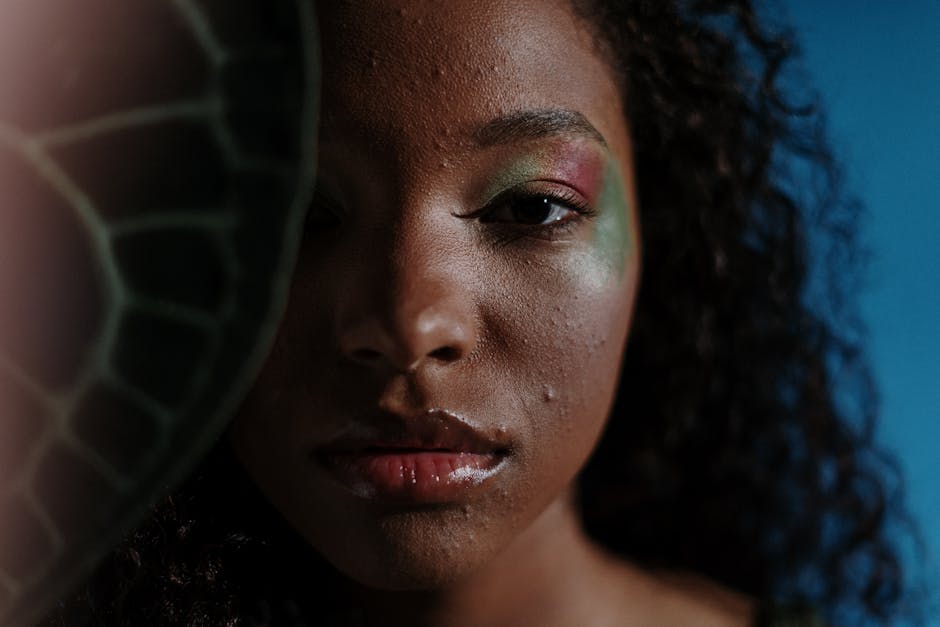Unveiling The Secret To Acne-Free Skin: A Comprehensive Guide To Cure Acne
Acne, a common skin condition, is characterized by the formation of pimples, blackheads, and whiteheads. It affects individuals of all ages, but is particularly prevalent during adolescence and young adulthood. Acne can be a source of significant distress and embarrassment, but there are effective treatments available to alleviate its symptoms and prevent future breakouts. In this comprehensive guide, we will delve into the causes of acne and explore various treatment options to help you achieve a clear and healthy complexion.
**Understanding Acne: The Root of the Problem**
Acne is caused by a combination of factors, including hormonal fluctuations, bacteria, and genetics. During puberty, the increased production of hormones such as testosterone can stimulate the sebaceous glands in the skin to produce more sebum, an oily substance that helps keep the skin moist. However, excessive sebum can clog pores, creating an environment conducive to the growth of bacteria known as Propionibacterium acnes (P. acnes). These bacteria feed on sebum, producing waste products that trigger inflammation and the formation of acne lesions.
**Effective Treatments for Acne**
Numerous treatment options are available to combat acne, depending on the severity of the condition and the individual's skin type.
1. **Topical Treatments:** These treatments are applied directly to the affected areas of the skin. They typically contain ingredients such as benzoyl peroxide, salicylic acid, or retinoids, which help to kill bacteria, reduce inflammation, and unclog pores.
2. **Oral Medications:** In cases where topical treatments are not sufficient, oral medications may be prescribed. Antibiotics can combat bacterial growth, while hormonal medications can regulate hormone production.
3. **Isotretinoin:** This powerful medication is used to treat severe acne that has not responded to other treatments. It can effectively reduce sebum production and inflammation, but it comes with potential side effects that require careful monitoring.
4. **Laser and Light Therapies:** These treatments use specific wavelengths of light to target acne bacteria and reduce inflammation. They are often effective in improving the appearance of acne scars as well.
5. **Diet and Lifestyle Factors:** While diet does not directly cause acne, certain foods may aggravate it. Avoiding processed foods, sugary drinks, and excessive dairy can potentially reduce inflammation and improve skin health. Additionally, getting adequate sleep, managing stress, and maintaining good hygiene can contribute to clearer skin.
**Prevention and Maintenance: Keeping Acne at Bay**
Once acne is under control, it is essential to adopt preventive measures to prevent future breakouts. These include:
1. **Regular Skin Care:** Washing the face twice daily with a gentle cleanser and using a non-comedogenic moisturizer can help keep pores clean and prevent clogging.
2. **Sun Protection:** Sun exposure can worsen acne, so it is important to use sunscreen with an SPF of 30 or higher every day.
3. **Stress Management:** Stress can trigger hormonal imbalances that can contribute to acne. Implementing stress-reducing techniques such as yoga, meditation, or exercise can help improve skin health.
4. **Avoid Harsh Products:** Using harsh soaps or scrubs can irritate the skin and worsen acne. Stick to gentle products designed for acne-prone skin.
**Conclusion**
Acne can be a frustrating and disheartening condition, but it is manageable. By understanding the causes of acne and seeking appropriate treatment, you can achieve a clear and healthy complexion. Remember to be patient and consistent with your treatment regimen, and consult with a dermatologist if necessary. With the right approach, you can overcome acne and enjoy the confidence that comes with radiant skin.


